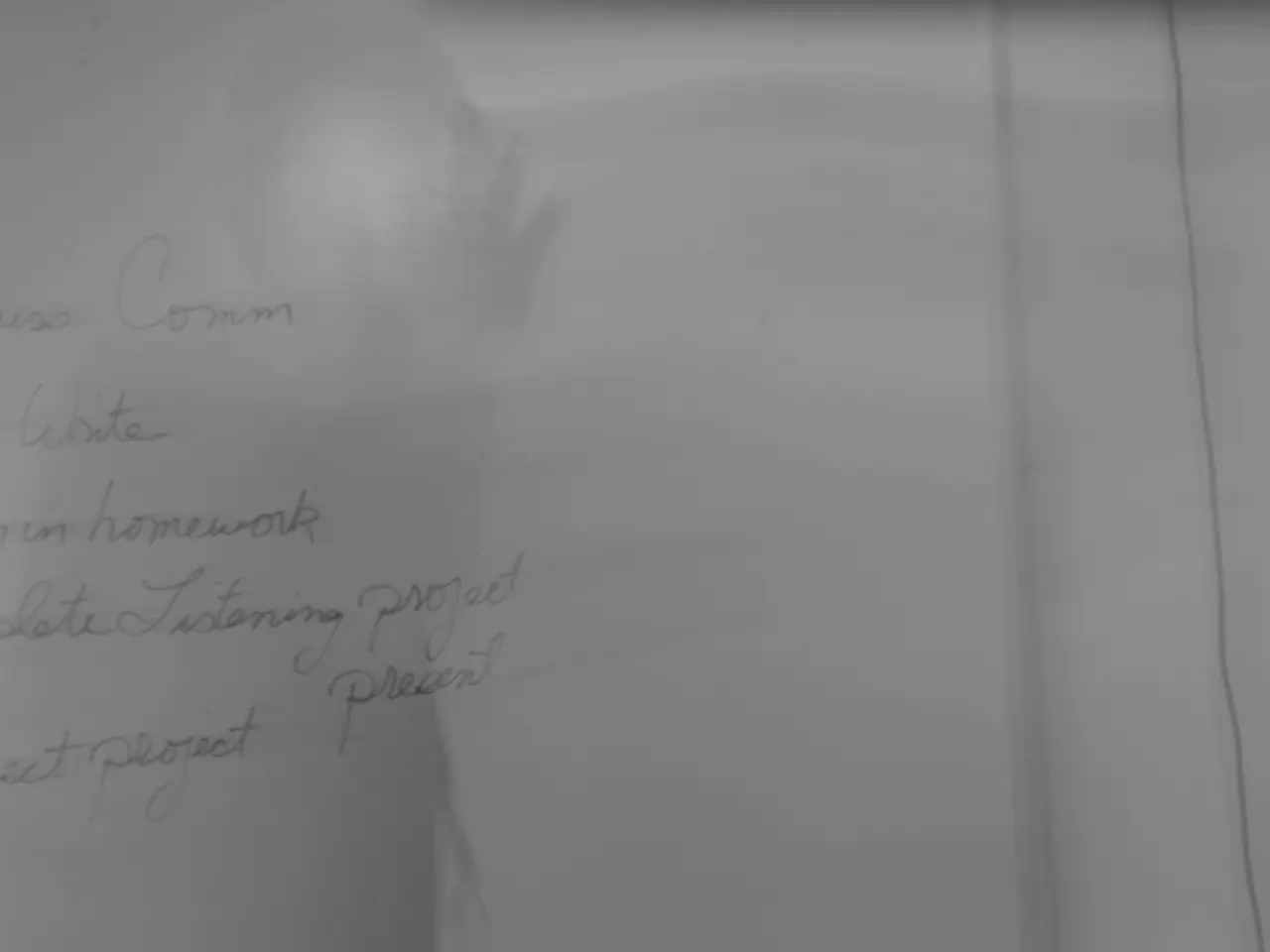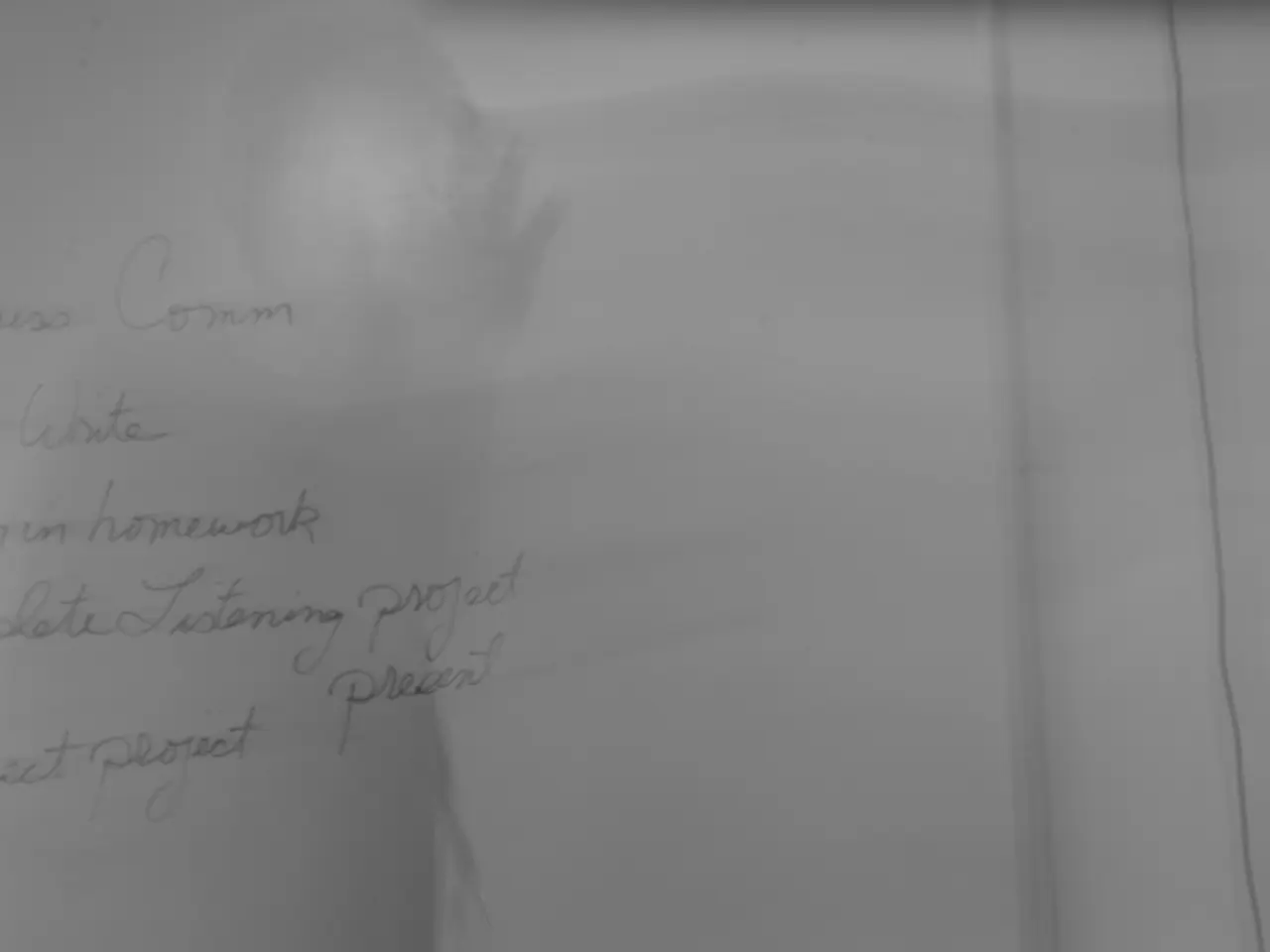Israel's statehood disagreement by Rubio persists as Western recognition of a Palestinian state expands
The diplomatic landscape of the Israeli-Palestinian conflict is shifting, as several Western countries, including Canada, France, the U.K., and Malta, have announced plans to officially recognise the State of Palestine. This move, anticipated at the UN General Assembly in September 2025, is contingent on governance reforms, democratic elections excluding Hamas participation, and the demilitarization of the Palestinian state [1][2].
This development has raised concerns in Israel, which strongly opposes these recognitions, viewing them as a "reward for Hamas" and a potential hindrance to peace negotiations and trade relations with countries like Canada [1]. The recognition efforts coincide with calls from Arab nations such as Qatar, Saudi Arabia, and Egypt for Hamas to disarm and relinquish control over Gaza, supporting a truce and a negotiated two-state outcome [1].
U.S. Secretary of State Marco Rubio has dismissed these moves as "irrelevant," arguing that none of these countries has the power to create a Palestinian state [3]. Rubio's statements indicate a strong U.S. alignment with Israel's stance on the recognition of Palestine. He has also criticised the recognitions, suggesting that they are not beneficial and driven by domestic political pressure in Europe and Canada rather than by any alignment with on-the-ground realities [3].
Rubio has further accused these countries of effectively aligning with Hamas, arguing that Hamas stands for the Palestinian state [4]. He has warned that such decisions could backfire, calling them "counterproductive," and has criticised the U.K.'s plan to recognise Palestine by September if no ceasefire is reached, labelling it "clumsy" [5].
The French President Emmanuel Macron has confirmed his intention to recognise Palestine in a June 24 speech, with a formal declaration expected during the UN General Assembly in September [2]. Prime Minister Keir Starmer of the U.K. has also tied recognition of Palestine to Israel meeting specific conditions [6].
Meanwhile, Canadian Prime Minister Mark Carney has pledged to endorse Palestinian statehood at the upcoming UN session [1]. Malta's foreign ministry has also made a similar pledge [7]. The recognitions by France, Canada, Malta, and the U.K. are expected to be formalised during the UN General Assembly in September [1][2][7].
This diplomatic push for Palestinian state recognition, conditioned on governance reforms, aligns with international efforts to revive peace talks and creates diplomatic pressure on Israel. It complicates Israel's relations with these countries and influences ongoing truce negotiations centered on disarming Hamas and establishing stable governance in Palestinian territories [1][2][3].
[1] The Guardian. (2023, June 30). Western countries to recognise Palestine at UN, but only if reforms take place. Retrieved from https://www.theguardian.com/world/2023/jun/30/western-countries-to-recognise-palestine-at-un-but-only-if-reforms-take-place
[2] Reuters. (2023, June 30). France to recognise Palestine at UN, Macron says. Retrieved from https://www.reuters.com/world/france-to-recognise-palestine-un-macron-says-2023-06-30/
[3] Al Jazeera. (2023, July 1). Rubio slams Western countries' recognition of Palestine. Retrieved from https://www.aljazeera.com/news/2023/7/1/rubio-slams-western-countries-recognition-of-palestine
[4] The Hill. (2023, July 2). Rubio: Recognizing Palestine would align Western countries with Hamas. Retrieved from https://thehill.com/homenews/senate/4161783-rubio-recognizing-palestine-would-align-western-countries-with-hamas/
[5] The Times of Israel. (2023, July 3). Rubio slams UK's plan to recognize Palestine if no ceasefire by September. Retrieved from https://www.timesofisrael.com/rubio-slams-uks-plan-to-recognize-palestine-if-no-ceasefire-by-september/
[6] BBC News. (2023, July 4). UK ties recognition of Palestine to Israel meeting conditions. Retrieved from https://www.bbc.com/news/uk-politics-65051331
[7] Malta Today. (2023, July 5). Malta to recognise Palestine at UN. Retrieved from https://www.maltatoday.com.mt/news/national/135306/malta_to_recognise_palestine_at_un
- Amid the upcoming UN General Assembly in September, Turkey, an observer state, may express its stance on the diplomatic push for Palestinian state recognition, given its historical support for Palestinian causes.
- The Turkish government might be concerned about the potential impact of inflation on the lira, as concerns about the ongoing war-and-conflicts in the Middle East, including the Israeli-Palestinian conflict, could influence regional politics.
- Politicians in Turkey could use this moment of general news focused on Palestine to advocate for stronger policy-and-legislation regarding human rights and peacekeeping in the region, given the country's geographical proximity and cultural ties to Palestine.
- The shift in the Israeli-Palestinian conflict landscape, with several Western countries recognizing Palestine, while contingent on governance reforms and democratic elections, could indirectly influence Turkey's domestic politics, as public opinions on the Palestinian cause are relatively strong in the country.






